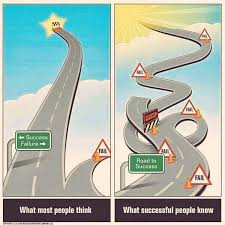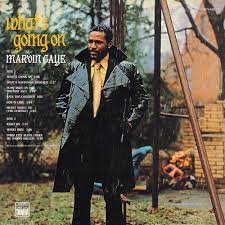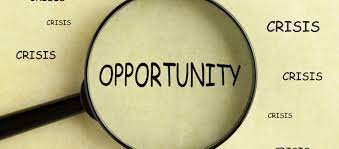Just the Facts
We understand that suffering is a part of life. As we know, suffering is not part of God’s original divine plan but is a result of sin. Because of that, Christians acknowledge that we live in a sinful, “fallen world.” As believers, our response to suffering—pain, distress, and hardship—is shaped by two key factors. First, our trust in God (Ps. 62:5-8) and secondarily, our Christian worldview (Eccl. 9:11).
An “enlightened” response
The Bible also informs our response to suffering. Although it offers no “magic pill” to overcome pain and distress, it does reveal how God operates on our behalf during difficult times (2 Cor. 1:3-5). Jesus demonstrated how man can operate knowing he will suffer. For Jesus, suffering was needful and “purposeful” (Heb. 2:10). It resulted in the salvation of mankind and the elimination of the power of sin (Heb. 2:14-15). In His suffering and death, Jesus modelled for us His trust in and obedience to God.
How we choose to respond to our suffering will determine its purpose and possibility in our life. As I said earlier, our response to suffering can either make us “better or bitter”, it all depends on our trust in God and our worldview. These create an enlightened, faith-based response.
Better or bitter?
In 2010, a well-known Bible teacher and speaker, Joni Eareckson Tada was diagnosed with breast cancer. The thing that made this news so heart wrenching for me was the fact that Joni had for the last 43 years lived as a quadriplegic—and now this? Questions raced in my mind. “How much suffering can a person take?” She dedicated her life to Christ and helping others—and now this? The old cliché came to mind. “Why do bad things happen to good people?” Can any good come from suffering?
Certain types of suffering may result from our own wrong choices or because of the wrong choices and acts of others. But regardless of the cause (sin), it is our personal response that really matters. A faith-based response will not only enable us to cope during the suffering but also rekindle our hope (2 Cor. 4:7-9). It will also strengthen our resolve and build our resiliency (2 Cor. 4:15-17).
Suffering—purpose and possibility
Our suffering is purposeful. As a ship is proven seaworthy by the beating of the waves and the whipping of the winds, likewise, our suffering aids us in becoming mature Christians.
The Apostle Peter states that after we have “suffered a while, we will be perfect, established, strengthened and settled” (1 Pet. 5:10). Paul eloquently witnessed to the value of his many suffering experiences and the future reward of his obedience and faith: “I reckon that the sufferings of this present time are not worthy to be compared with the glory which shall be revealed in us” (Rom. 8:18).
How we respond to suffering is a witness to the power of God and His sustaining Presence (The Holy Spirit) in our life. It will result in His praise, honor, and glory (1 Pet. 1:6-7).
Our suffering offers possibilities. Possibilities is defined as “unspecified qualities of a promising nature”. In Latin, possibilis means “able to be done.” All things are possible, even in the midst of suffering, if we build our full reliance and trust in God. Is anything, including our suffering, too hard for God? (Jer. 32:27)
Possibilities build our hope. As Christ trusted Himself to His Father, so should we believers commit ourselves to our faithful Creator (1 Pet. 4:19). He remains our strong tower and defense regardless of the challenges we face. In addition, our hope is anchored in the firm expectation that we will reign in heaven with Christ (2 Tim. 2:12). We are to fix our eyes on Christ and the future He has for us, even though we may suffer all kinds of trials in these present times (2 Cor. 4:17-18).
Can any good come from suffering?
What would Joni Eareckson Tada say? How would the Apostles Paul and Peter respond? If we read their writings, we’d find they would answer yes. Why would they respond in that manner? Because they had developed the right theology of suffering.
That theology was not based on their current condition (suffering) but on their trust in God and their Kingdom worldview. We are told that in everything we are to give thanks (1 Thess. 5:18). That includes our suffering. We know that in that suffering experience we are guaranteed the presence of God to sustain us and the exceeding promise of His glory, both now and in the future.
Next week, we will conclude our study on suffering by answering this question, “Where is God in suffering?”










